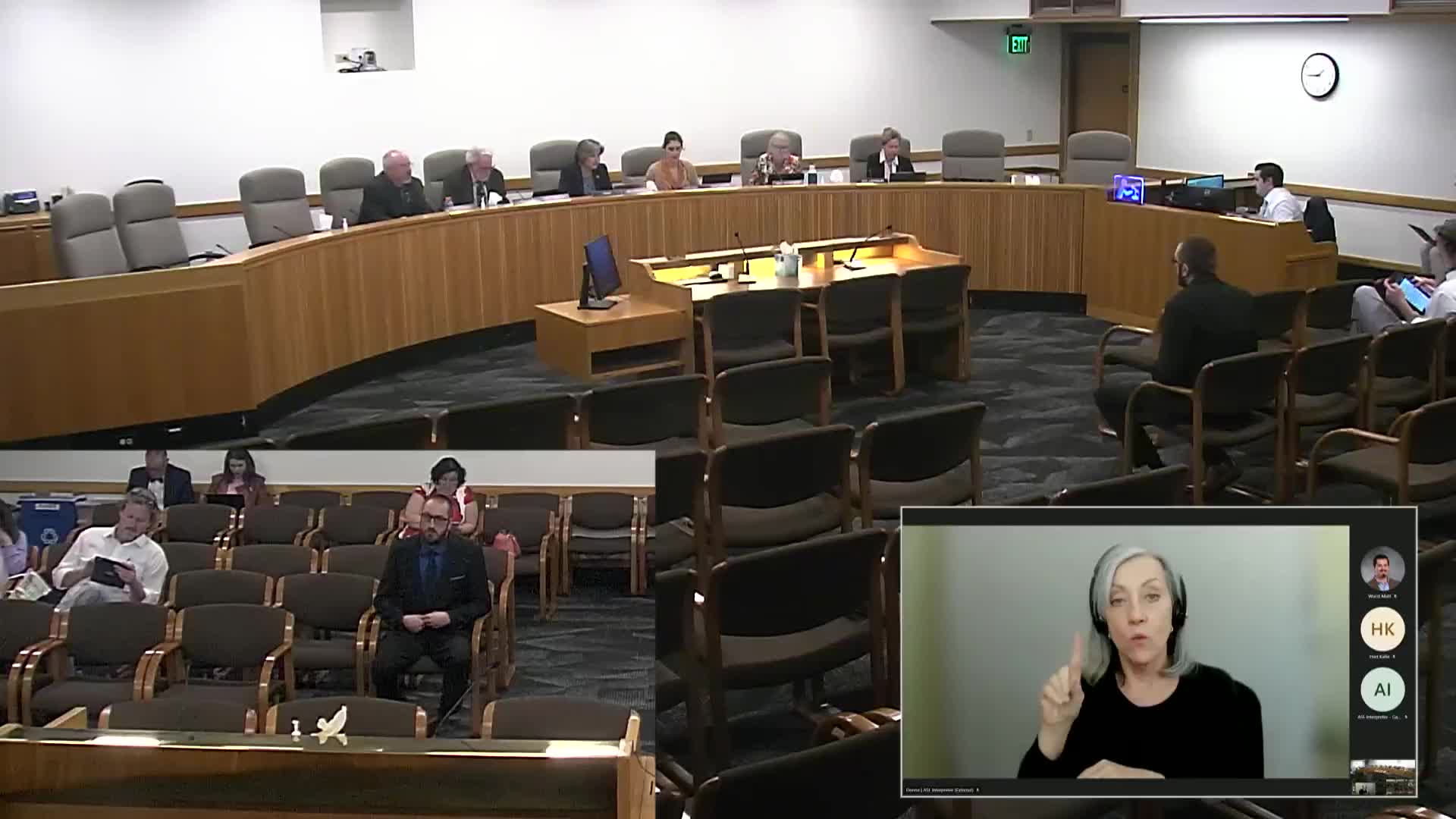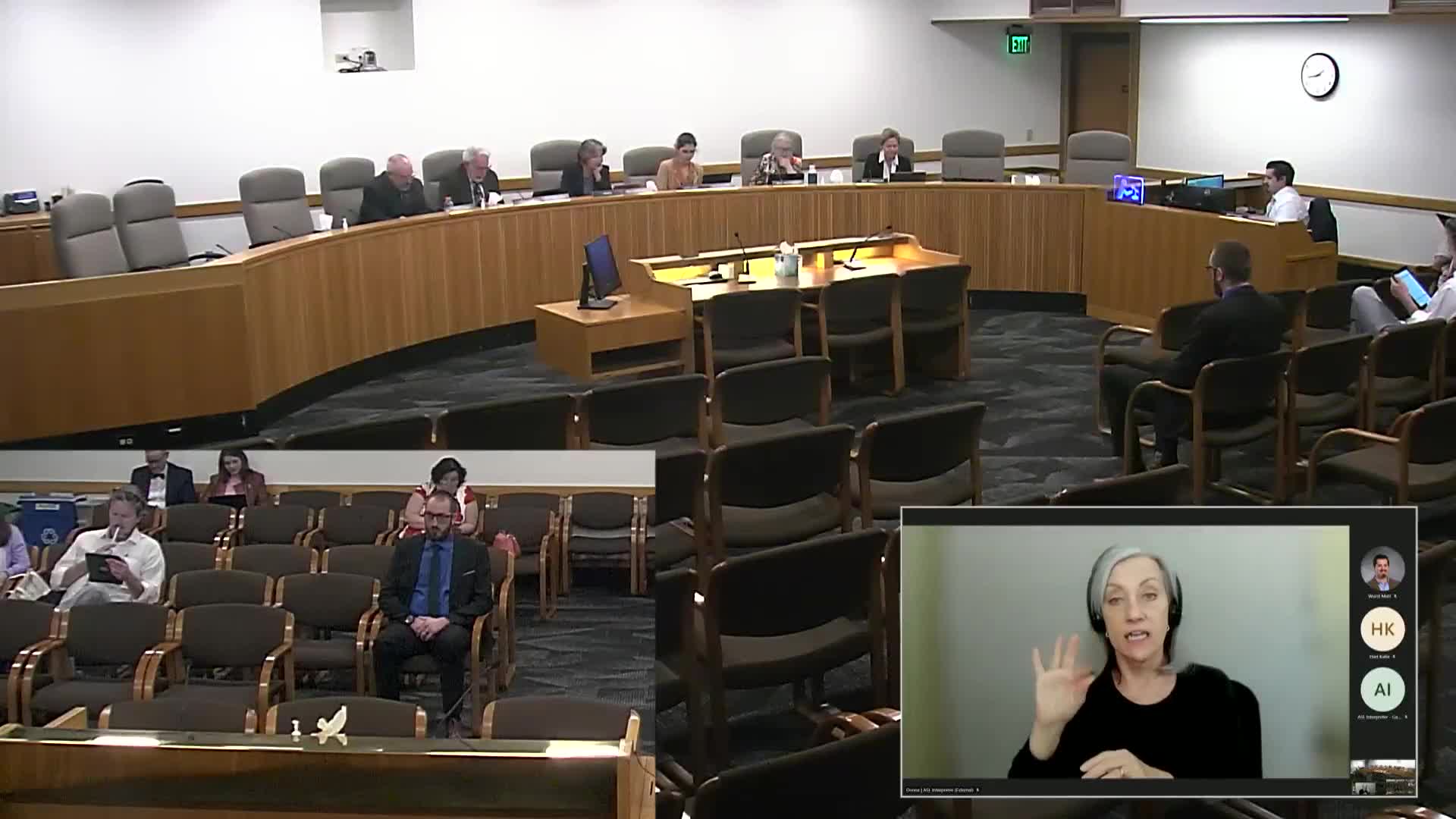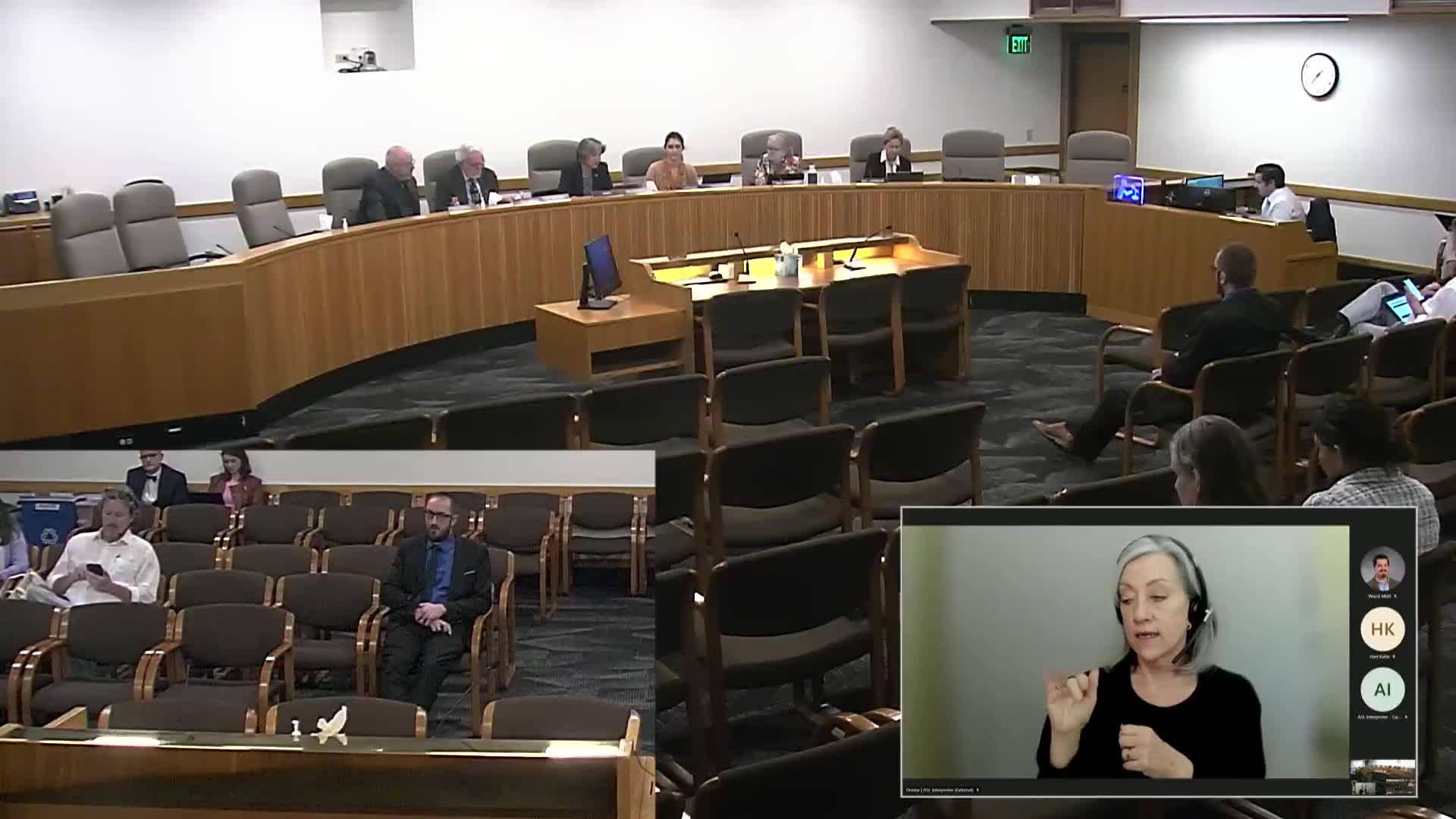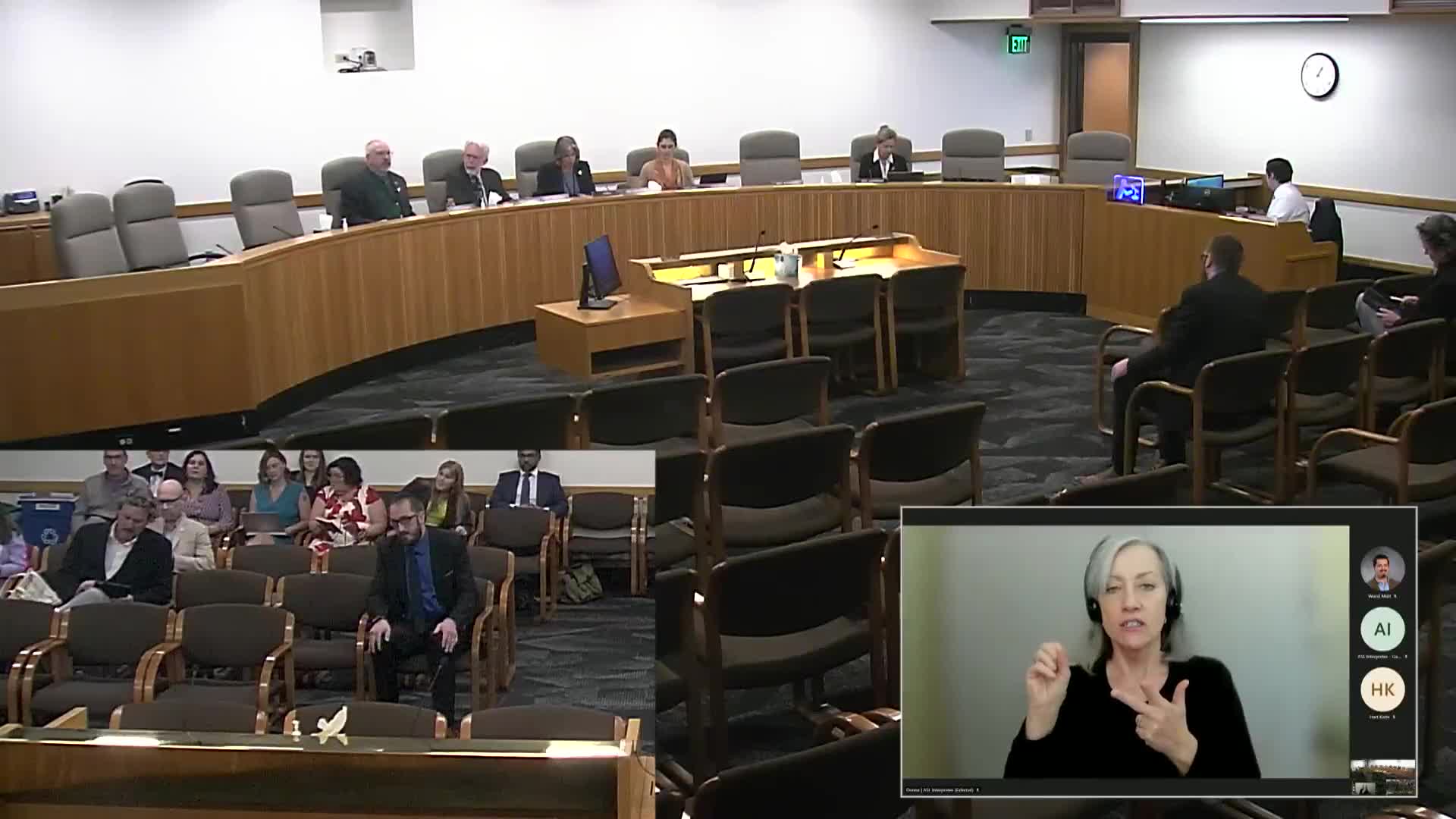Article not found
This article is no longer available. But don't worry—we've gathered other articles that discuss the same topic.

Committee advances $5 million appropriation for Liberty House child‑abuse services to Ways and Means

Committee sends bill to floor to fund community mental health conversations led by OSU Extension

Committee delays work session on grant program to train high school behavioral health workers

